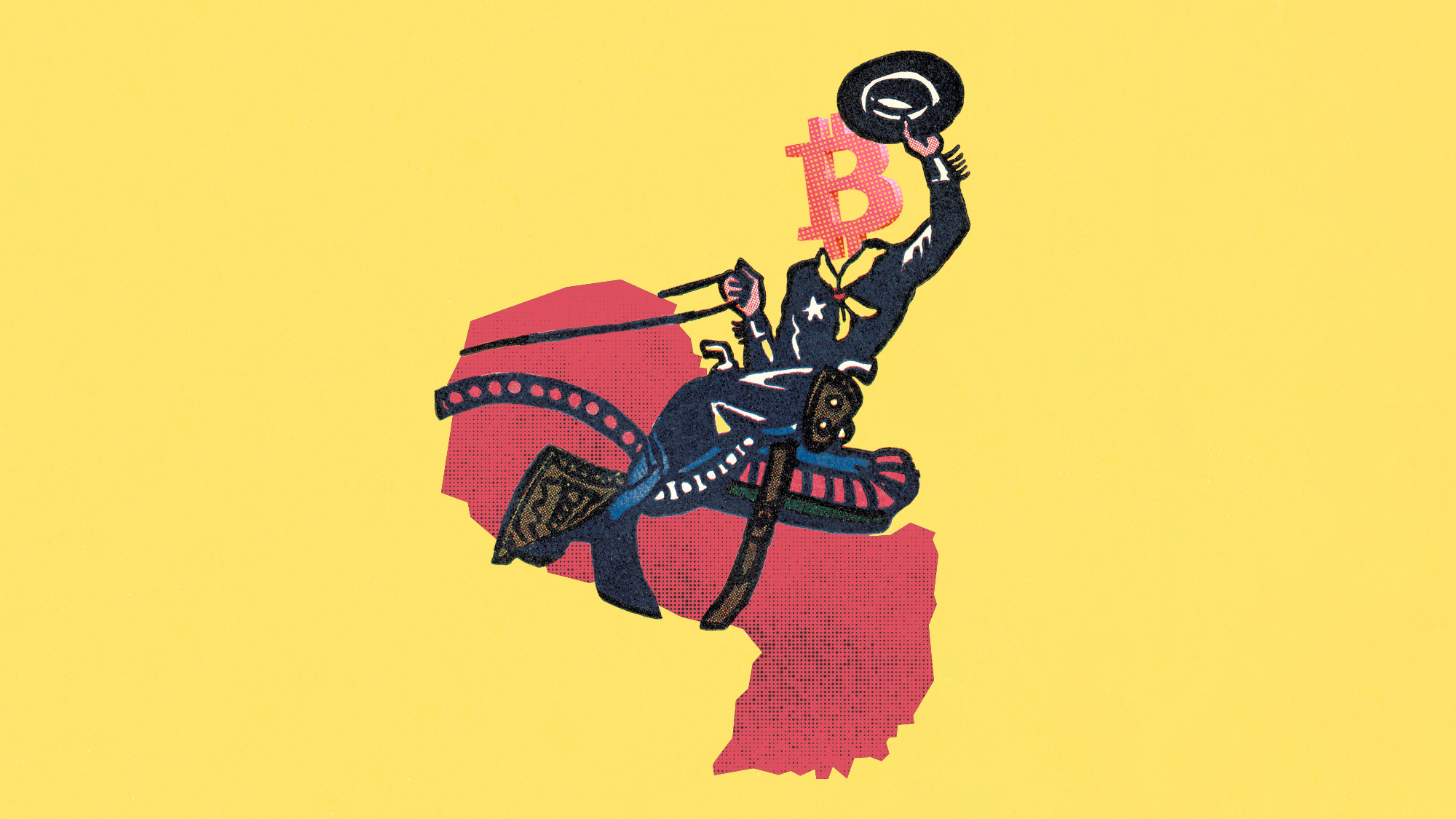Salon magazine asks readers with ad-blockers to mine for cryptocurrency
American news site uses controversial Coinhive tool to scan for monero, a bitcoin rival

A free daily email with the biggest news stories of the day – and the best features from TheWeek.com
You are now subscribed
Your newsletter sign-up was successful
The US-based news magazine Salon is asking readers with advert-blocking software to use their computers to mine for the cryptocurrency monero.
Readers using software to avoid seeing adverts are presented with a pop-up window, says the Financial Times, which asks them if they would like to use their computers’ processing power for “calculations”.
These calculations are powered by a programme called Coinhive, the website says, which hides in readers’ web browsers and uses a portion of their computers’ power to solve complex algorithms to unlock monero – a rival cryptocurrency to bitcoin.
The Week
Escape your echo chamber. Get the facts behind the news, plus analysis from multiple perspectives.

Sign up for The Week's Free Newsletters
From our morning news briefing to a weekly Good News Newsletter, get the best of The Week delivered directly to your inbox.
From our morning news briefing to a weekly Good News Newsletter, get the best of The Week delivered directly to your inbox.
Coinhive is a controversial mining tool that was recently uploaded to government websites by hackers. It mines for digital currencies by using the computer power of unsuspecting web users, reports BBC News.
The BBC says that Salon has not been targeted by cyber criminals and that the US publication asks its readers for permission before using the mining tool.
While Salon magazine’s coin-mining approach could be seen as controversial, Tech Crunch says it’s a “clever” solution to recover advertising revenue that would otherwise be lost through people using ad-blocking software.
But the move is “a big ask from readers” and it’s vital that those with less technical experience “know what they’re getting into”, the website says.
A free daily email with the biggest news stories of the day – and the best features from TheWeek.com
As it stands, Coinhive’s name is only mentioned in the small tick-box that readers use to consent to the mining method, adds Tech Crunch. There’s no information about the software in Salon’s frequently-asked questions (FAQs) page.
-
 Moltbook: The AI-only social network
Moltbook: The AI-only social networkFeature Bots interact on Moltbook like humans use Reddit
-
 Judge orders Washington slavery exhibit restored
Judge orders Washington slavery exhibit restoredSpeed Read The Trump administration took down displays about slavery at the President’s House Site in Philadelphia
-
 Kurt Olsen: Trump’s ‘Stop the Steal’ lawyer playing a major White House role
Kurt Olsen: Trump’s ‘Stop the Steal’ lawyer playing a major White House roleIn the Spotlight Olsen reportedly has access to significant U.S. intelligence
-
 Why Trump pardoned crypto criminal Changpeng Zhao
Why Trump pardoned crypto criminal Changpeng ZhaoIn the Spotlight Binance founder’s tactical pardon shows recklessness is rewarded by the Trump White House
-
 Bitcoin braces for a quantum computing onslaught
Bitcoin braces for a quantum computing onslaughtIN THE SPOTLIGHT The cryptocurrency community is starting to worry over a new generation of super-powered computers that could turn the digital monetary world on its head.
-
 The noise of Bitcoin mining is driving Americans crazy
The noise of Bitcoin mining is driving Americans crazyUnder the Radar Constant hum of fans that cool data-centre computers is turning residents against Trump's pro-cryptocurrency agenda
-
 What Trump's win could mean for Big Tech
What Trump's win could mean for Big TechTalking Points The tech industry is bracing itself for Trump's second administration
-
 Network states: the tech broligarchy who want to create new countries
Network states: the tech broligarchy who want to create new countriesUnder The Radar Communities would form online around a shared set of 'values' and acquire physical territory, becoming nations with their own laws
-
 Paraguay's dangerous dalliance with cryptocurrency
Paraguay's dangerous dalliance with cryptocurrencyUnder The Radar Overheating Paraguayans are pushing back over power outages caused by illegal miners
-
 2023: the year of crypto instability
2023: the year of crypto instabilityThe Explainer Crypto reached peaks — and valleys — throughout 2023
-
 Sam Bankman-Fried found guilty: where does crypto go from here?
Sam Bankman-Fried found guilty: where does crypto go from here?Today's Big Question Conviction of the 'tousle-haired mogul' confirms sector's 'Wild West' and 'rogue' image, say experts